The Planning Board at its meeting Monday night voted 8-0 to include one of its members or a designee to the proposed Economic Development Advisory Board, if it is approved at the May 5 Annual Town Meeting.
Chair Rob Benson noted that the Select Board has been discussing tightening the town’s budget to minimize the tax burden for residents. The Economic Development Advisory Board (EDAB) was proposed to advise the Select Board on business retention and recruitment strategies. The Select Board recommended having a Planning Board liaison as part of this group.
Benson noted that the fiscal year 2025 budget indicated that about 85% of the town’s budget comes from property taxes. This equals about $118 million in revenue. The total valuation of all the property in town is assessed at $6.75 billion. In contrast, Benson pointed out that the commercial and industrial tax base only generates about $1.15 billion.
He added that the average assessed value of a single-family home in Hopkinton in FY 25 is $918,700, with a tax bill of $13,025. Condo owners have an average assessed value of $743,500, incurring a $10,450 tax bill.
He reminded members that Town Meeting members previously voted for debt exclusions for school projects that will raise residential taxes over the next several years.
Member Parker Happ discussed the “tradeoffs” between wanting to shift more of the tax burden off of residents to the “appetite of the town” regarding commercial development. He brought up the economic concept of Georgism, where people pay a tax on the value of the land they own but not on any improvements they make on it.
“What if we try to make better utilization of the existing commercial space that we have,” he questioned, “and create incentives to bring revenue from that existing zoning?”
Happ stressed that many commercial properties on South Street are not occupied. The EDAB could propose incentives to encourage businesses to locate there to help the town “grow our way out of the problem.”
“I think anything we can do to help relieve the burden of residential taxpayers would be appreciated,” said member Jane Moran in support of the EDAB.
She mentioned that this advisory board, combined with efforts by the Chamber of Commerce, could revitalize South Street by taking “a more forward approach” to filling the vacant properties with viable businesses.
“I think the Select Board is trying to be responsive to people’s concerns about the taxes going up,” said Benson after the vote. “But there’s no magic silver bullet to change the landscape of where property tax revenue comes from in a meaningful way.”
109 Winter Street hearing continued
The Planning Board voted unanimously to continue a hearing for a special permit for a common driveway for 107 and 109 Winter Street, as well as a stormwater management permit.
On Feb. 10, the board voted 7-0 to endorse an Approval Not Required (ANR) plan that allowed a land swap between two properties, 109 and 111 Winter Street. Consultant Joe Marquedant, who represented the landowners, said this allowed for the creation of the lot for 107 Winter Street.
Marquedant explained that the applicant wants to build a home on the 4.4-acre parcel on the easterly side of Winter Street. This parcel is bisected by an intermittent stream.
The home at 109 Winter Street is on the other side of the site with driveway access and a small yard septic system. He proposed a shared driveway that would go through the land to 107 Winter Street.
Marquedant said the property has “a bit of a backstory.” An order of conditions was issued by the Conservation Commission in May 2017, and it was extended several times. The pandemic stalled development.
“The policy at the time was that both the Planning Board and the Conservation Commission were operating under the same bylaws,” Marquedant explained. “Whichever group took the lead would see the stormwater [permit] through.”
The Planning Board now is in control of the stormwater review of all projects, he said. Even though there had been a previous approval, Marquedant explained that it “makes sense to seek a new permit” because of the policy change.
The new plan shortened the driveway compared to the former plan, added a basin and moved the grading out of the 50-foot buffer zone. But many elements of the old plan were retained, Marquedant said.
The board voted 8-0 to continue the hearing so that members could go on a site walk on April 5.
South Street rezoning article to be discussed at next meeting
John Gelcich, the acting director of the Land Use, Planning & Permitting Department, shared that the proponent of the article seeking to rezone South Street/Hayward Street/Pine Grove Lane from residential lakefront to rural business wants to withdraw it from the warrant. Because the request was received after the Planning Board’s agenda was released, it will be discussed at the next meeting on April 7.
The proposed zoning change would have benefited Hopkinton resident Jim Marguerite, who wanted to relocate the headquarters of Marguerite Concrete to that parcel of currently forested land. The property includes seven lots, five of which were proposed for development and two that were proposed to be preserved as open space.
This request was reminiscent of what happened at the 2023 Annual Town Meeting. Resident Peter Bemis filed a citizens’ petition proposing this rezoning. He decided to withdraw it, but he failed to meet the deadline.
Concerned residents of the Lake Maspenock area, who were adamantly against the proposal, encouraged a vote to be taken then. The vote against the article was unanimous.


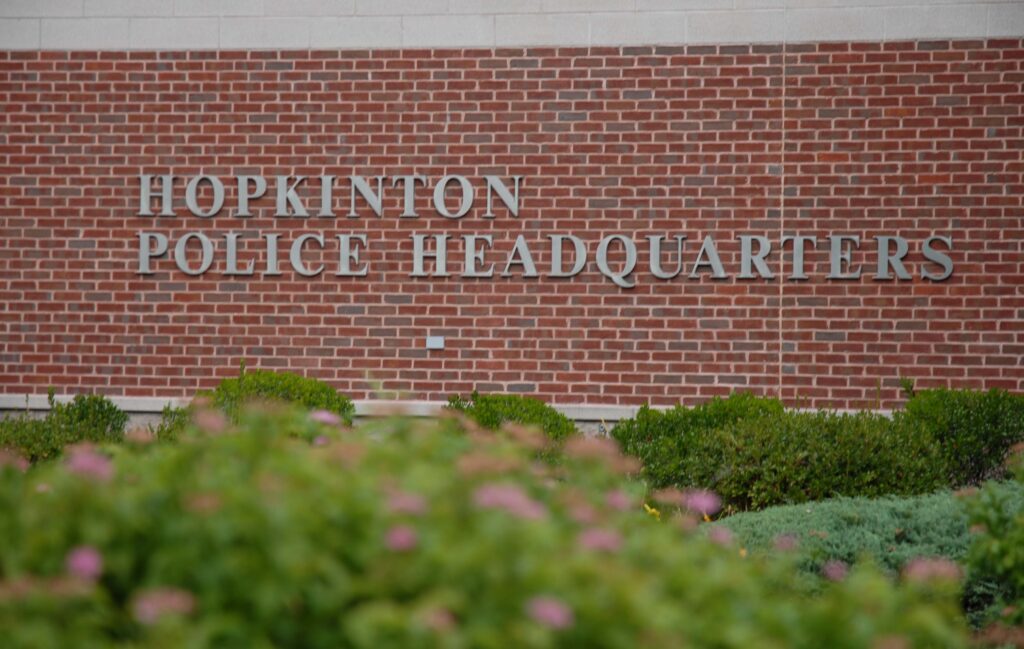
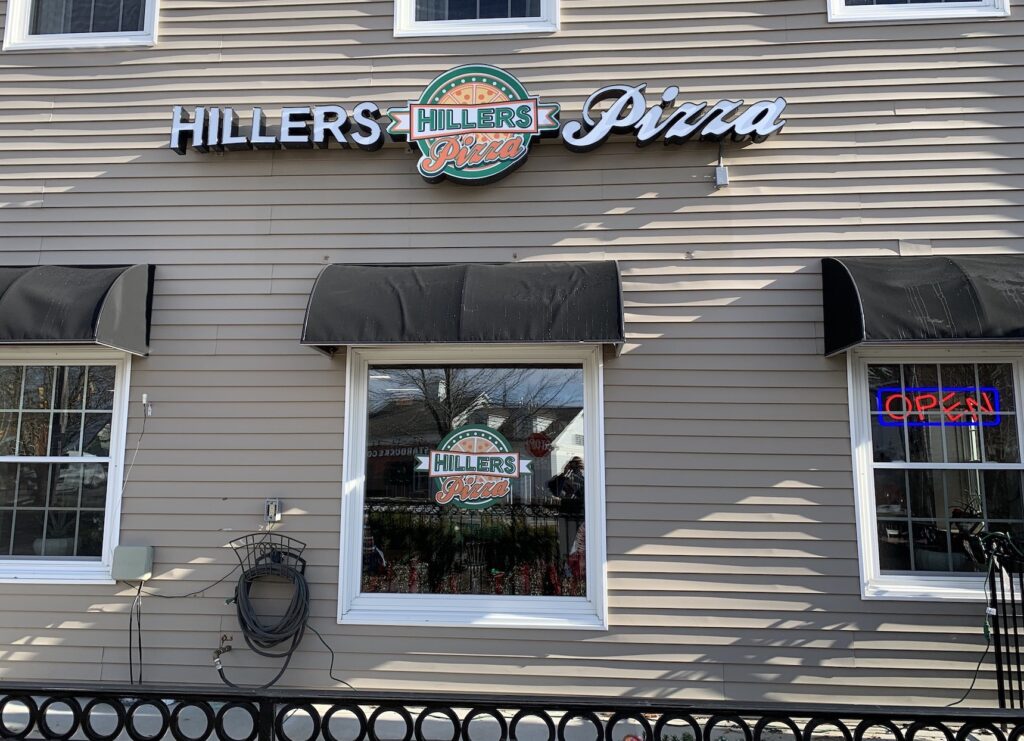
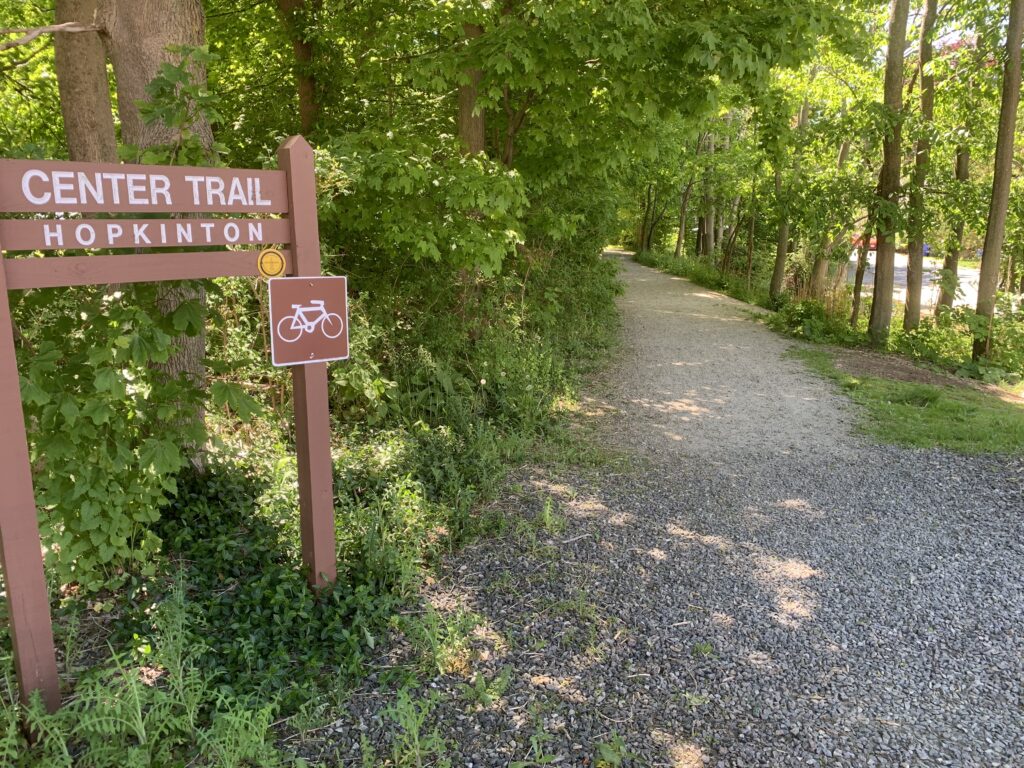
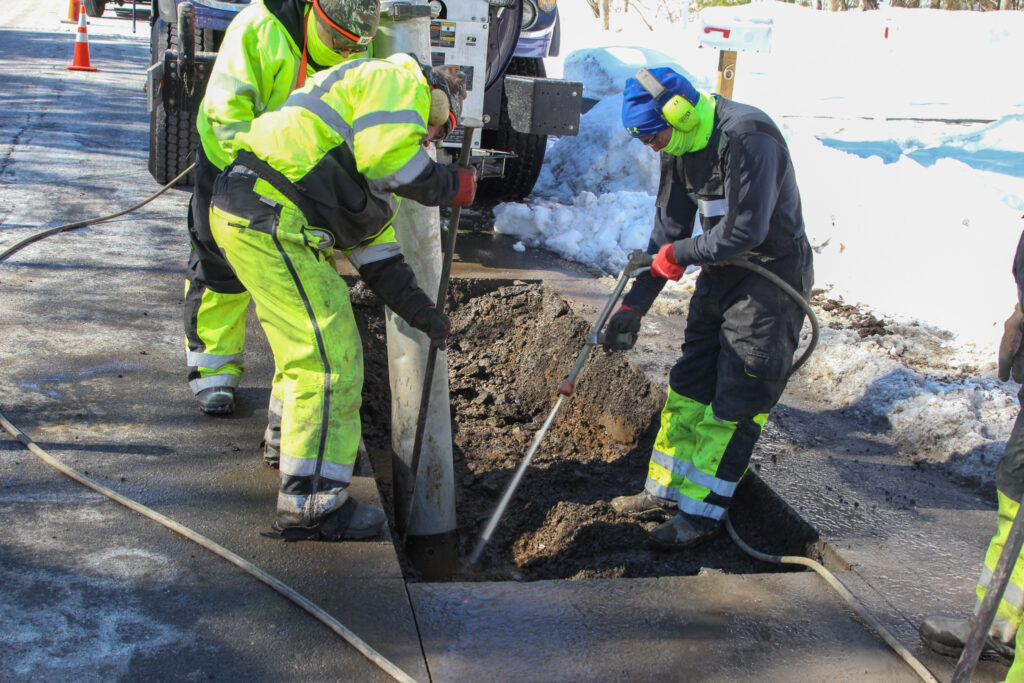
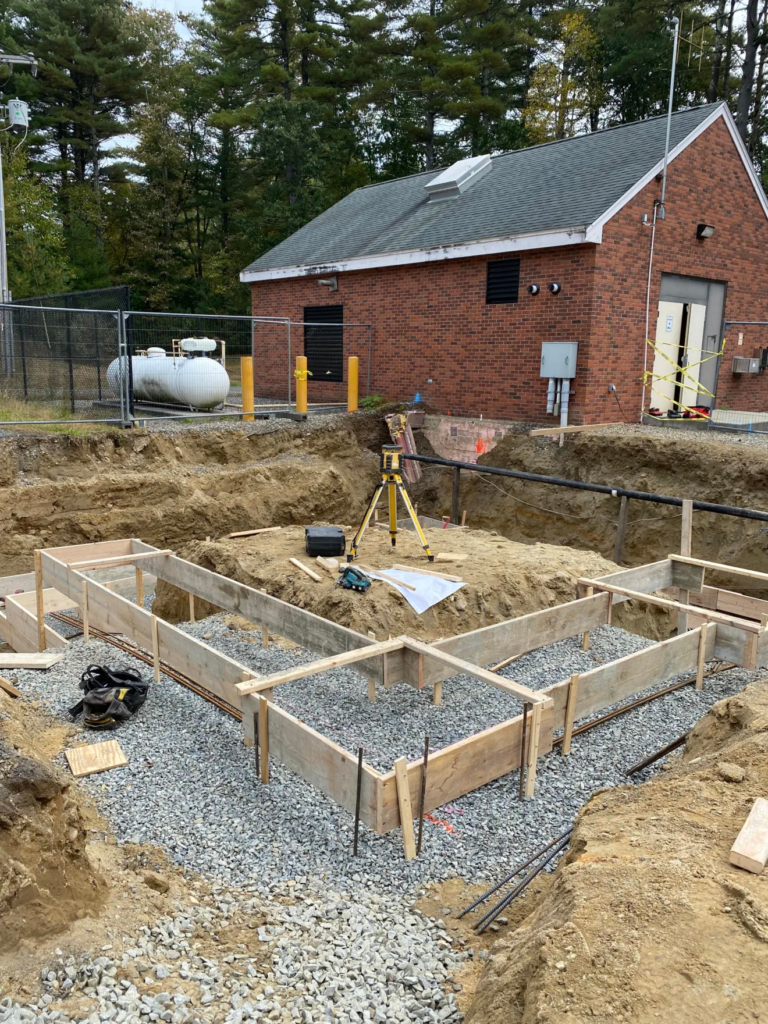














0 Comments